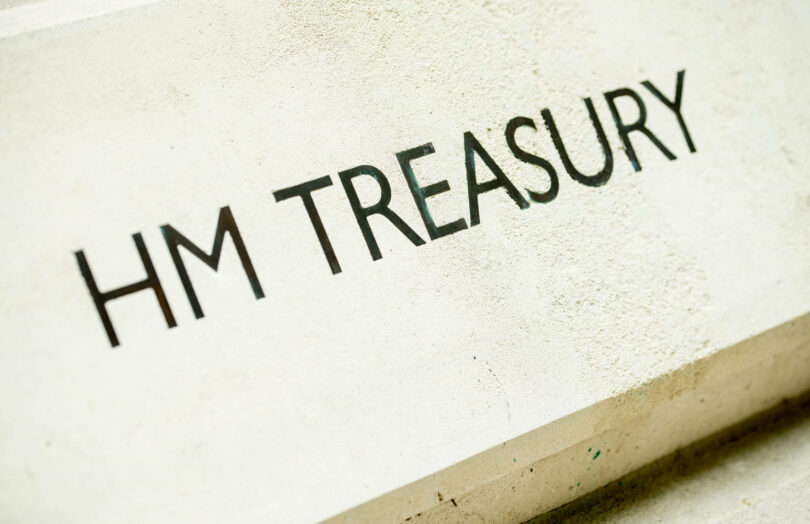Today the UK’s HM Treasury released its draft crypto legislation. A key aim is to ensure that entities that engage directly with UK consumers in relation to crypto-assets are regulated in the UK. But compared to some other regulatory regimes, HM Treasury wants to strike a balance between protecting consumers and also being an attractive venue for crypto activities. So certain crypto providers will fall outside the regulatory perimeter, including foreign stablecoin issuers, even if UK residents use their stablecoin.
Rachel Reeves, Chancellor of the Exchequer, said that the UK is collaborating with the United States to support the growth of digital assets in a joint working group. During a recent visit to the US, she discussed the topic with US Treasury Secretary Bessent. Beyond crypto, for digital securities the UK wants to embrace the proposal of SEC Commissioner Peirce who suggested that the UK’s Digital Securities Sandbox should include a transatlantic collaboration.
“Robust rules around crypto will boost investor confidence, support the growth of Fintech and protect people across the UK,” said Chancellor Reeves.
The draft crypto regulations
Meanwhile, the draft crypto regulations are high level, because detailed rulemaking authority is delegated to the Financial Conduct Authority (FCA). Last year the government dropped plans to update payment regulations to cover stablecoins, as they believed it would be too onerous at the current stage of innovation. Stablecoins can still be used for payments.
Seven high level crypto activities are outlined in the draft regulation:
- Operating a cryptoasset trading platform
- Dealing in cryptoassets as principal (including borrowing and lending)
- Dealing in cryptoassets as an agent
- Arranging deals for cryptoassets
- Safeguarding cryptoassets (custody)
- Cryptoasset staking
- Issuing a stablecoin from the UK.
All cryptocurrency exchanges, dealers and agents that provide services to UK residents have to be UK regulated. Dealers includes those offering crypto lending and borrowing.
Outside these groups, some foreign crypto entities won’t need to be regulated if they only engage indirectly with UK consumers via a regulated trading platform or dealer. Other providers that don’t need to register include foreign crypto entities that only engage with institutions, provided those institutions aren’t acting as intermediaries to UK consumers.
Crypto custodians must be regulated, and this includes those who provide custody of tokenized securities. Usually digital securities are treated under conventional securities regulations, but the aim is to capture the different technical requirements that apply to most cryptoassets.
One of the more novel activities that is covered is staking, which has not been regulated in most jurisdictions to date. This is one of the areas where a foreign staking provider that doesn’t interact directly with UK consumers might not need to register.
Truly decentralized finance (DeFi) activities are also outside of scope. However, there’s a caveat about determining whether there’s a “sufficiently controlling party or parties”.
HM Treasury is seeking feedback on the draft regulations by 23 May 2025.






